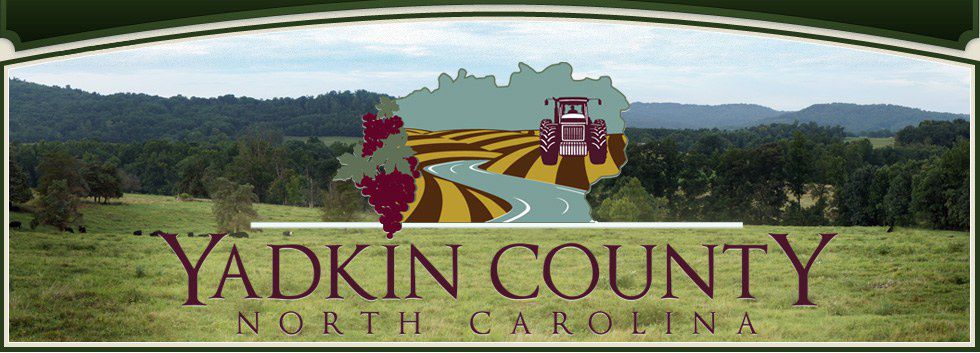"You live in ______. What do you expect?" Sound familiar? It is the easiest justification someone can use to lessen your struggle. The idealism is cut from the same cloth as "Well look what she was wearing?" It is a sad form of victim blaming and a weak argument.
I grew up in a very small town in North Carolina called Yadkinville. It sits nestled between the foot of the Blue Ridge Mountains and the sprawling Piedmont-Triad area. Whenever someone asks me where it is, I just tell them right next to Winston-Salem. It's an hour-and-a-half down Highway 421 from where I currently live in Boone. Where I grew up, the schools were K-8 Elementary and then High School. No middle school. You were then funneled into one of two High Schools, Forbush or Starmount. (I'm a Falcon, for those of you who know which school that mascot belongs to.) Everyone knows everyone. People's parents talk about how they dated one of your friend's parents in high school. There were even teachers who had taught my parents who were still at the school. When you graduated, the greatest aspiration was to go work at Unifi and become a supervisor on the floor. Tobacco was king. Then wine when the tobacco industry took a dive. Everyone knew their place and it was rare to hear about anything out of the norm. Being a member of the LGBTQ+ community was nothing short of hell.
When we talk about our issues, our struggles in our homes, it is often easy for opposition (and sometimes even self proclaimed allies) to say, "Well you choose to live there. It's your own fault. Move." I can't tell you how many times I've heard this response to discussing HB2 or Black Lives Matter. Why should we have to choose between our home and our safety and well being? What about those who aren't able to just pick up and leave? It is not a matter of asking for it. In addition, it lessens the plight of those who live in urban areas who also face discrimination and hatred. Pulse was in Orlando, a fairly LGBTQ+ friendly community (or so we thought). Where should they have gone? The answer is nowhere. After all, there's no place like home.



















